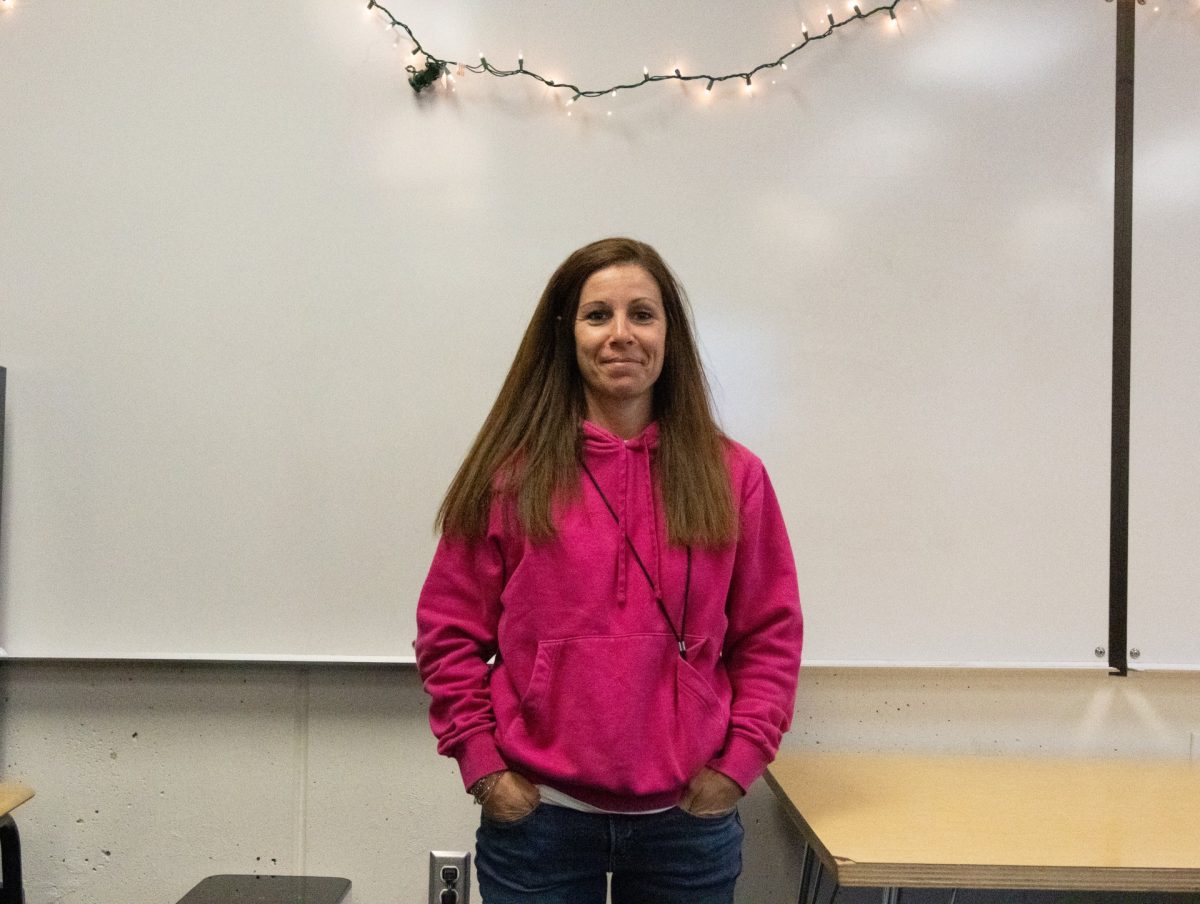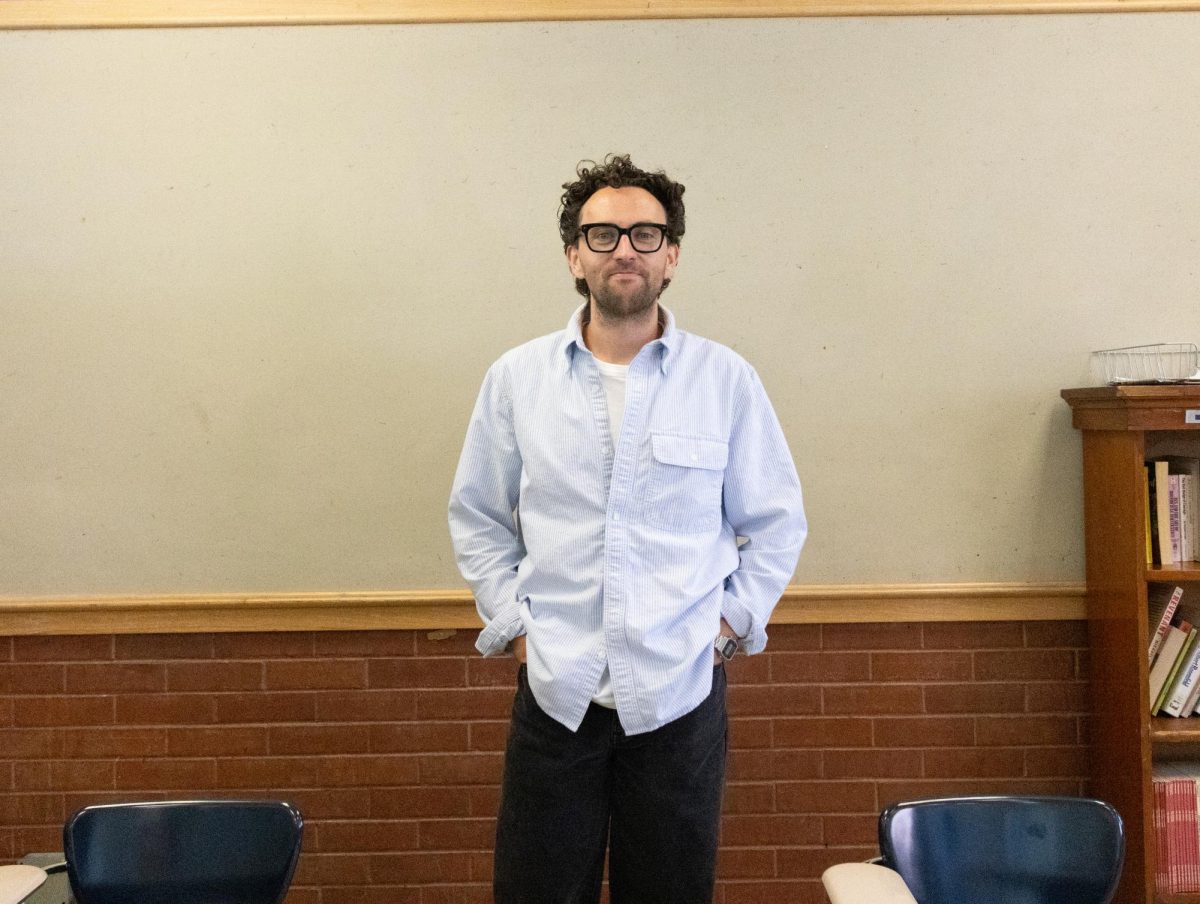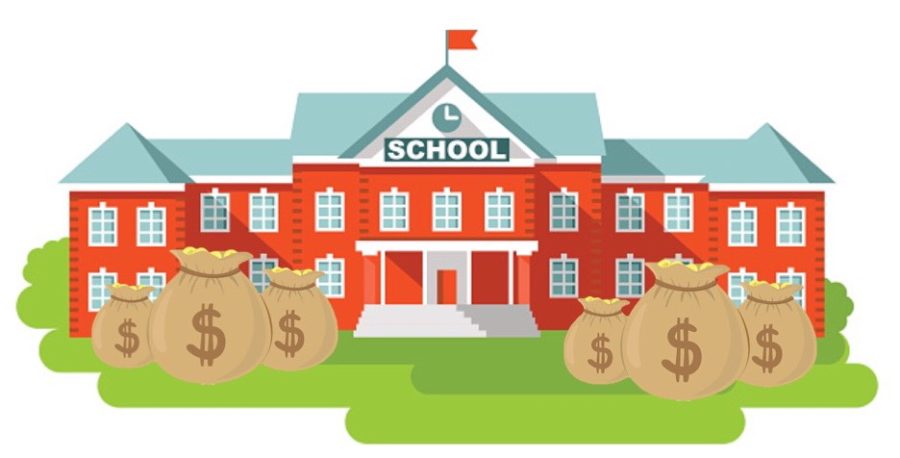Utah Tax Surplus Will Go Toward Education, And Rightfully So
Utah governor Gary Herbert hoped to increase the quality of Utah’s public education.
January 19, 2018
Utah manages to end with an impressive surplus year after year, and this year, Utah Governor Gary Herbert has decided to put 72% of the extra 382 million dollars toward what it should go to – education.
Utah is notorious for how little money is put toward each student, and was ranked last in a 2015 study showing how much money was given to each student for their education. Because of Utah’s low education budget, we land with the third biggest class sizes in the nation, with only California and Oregon having more students per teacher. A law was recently passed allowing teachers with little to no training to get hired in an attempt to help with Utah’s teacher shortage, a plan that contradicted the ideal that no child should be left behind by failing to require highly qualified teachers.
Gov. Herbert recognized the big problems faced by Utah’s education system, and has chosen to put the majority of the extra money into our education system, as he should. By giving the state a higher education budget, we will be able to work towards getting smaller class sizes, more qualified teachers, and education that is good for everyone in the state of Utah, not just the counties that can afford it.
Of the 275 million dollars Herbert has set aside for education, 208 million of it will be reserved for grades K-12. This money will go towards increasing the money given to each student’s education, lowering class sizes, and helping children at higher risk for academic failure, along with helping to make the educational experience greater by putting part of the budget towards school supplies and updating technology in schools.
The other 67 million dollars being put toward education will be going into Utah colleges. Generally speaking, when colleges need more money to hire more professors and other employees, the funds come in part from taxes, but 25% comes from an increase in tuition cost. In order to avoid the jump in tuition, Herbert has chosen to put eight million dollars into this aspect of higher education. Herbert hopes that in doing this, he will avoid deterring kids from pursuing higher education, maximizing Utah students’ chances of going to college.
Along with the money being put into the education system, Herbert will be putting nearly one million dollars into helping Utah’s air quality, with $500,000 going into research to help minimize pollution, and the rest going into hiring more air quality personnel.
Herbert also hopes to put just under six million dollars into improvements of Utah Olympic venues, which could help bids for future Olympics, likely in the years 2026 or 2030.
The increase in budget for education will help Utah students to succeed and receive the quality education that students deserve. If the state continues to move in the right direction, Utah could lower class sizes and move up the list of education funding per capita.






























